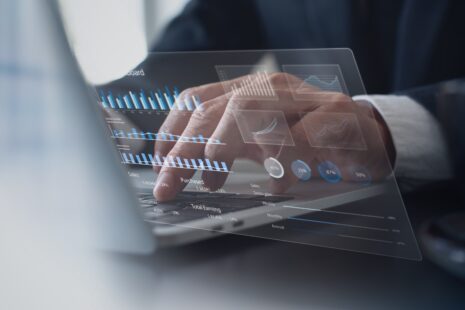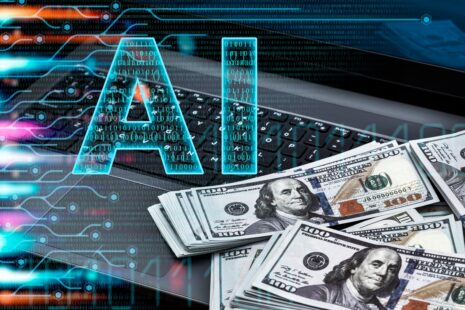The idea of AI “taking over” the world is largely speculative and depends on how one defines “take over.” While AI has made incredible advancements, its dominance over humanity is far from inevitable. Here’s an analysis of the situation.
What Does “Take Over” Mean?
- Economic Takeover – AI could dominate certain industries, automating tasks and transforming the job market within the next 10–20 years. Nevertheless, humans will still manage AI development and application.
- Autonomous Control – The concept of AI systems running without human intervention is unlikely to happen soon due to strict regulations and ethical considerations.
- Existential Risk – Some theorists suggest a timeline of 30–50 years or more before AI reaches a level where it could pose a genuine existential threat, if at all.
Key Factors Influencing AI’s Role
- Technological Development
- General AI (AGI) capable of human-like reasoning and decision-making is still a theoretical concept. Most experts agree it’s decades away.
- Current AI excels at narrow, specialized tasks but lacks the self-awareness and adaptability to operate independently.
- Human Oversight
- Governments and organizations are actively working to regulate AI development, focusing on ethical guidelines and safety measures.
- AI systems require significant human input to function and are designed to serve, not replace humanity.
- Societal Integration
- AI adoption is gradual, as industries adapt to its capabilities. This gives humans time to adjust, innovate, and retain control.
Expert Predictions
- Optimists believe AI will remain a tool to enhance human lives, not replace them.
- Cautionary Voices, like Elon Musk and Stephen Hawking, warn that improper regulation could lead to unintended consequences.
- Realists focus on the immediate challenges, such as job displacement and bias in AI, rather than dystopian scenarios.
AI is unlikely to “take over” in a way that removes humanity’s control. While it will reshape industries and societies over the next few decades, ethical governance, technological limitations, and human adaptability ensure that AI remains a tool rather than a master. The timeline for any significant autonomous impact, if it happens at all, is uncertain and highly dependent on human decisions.




